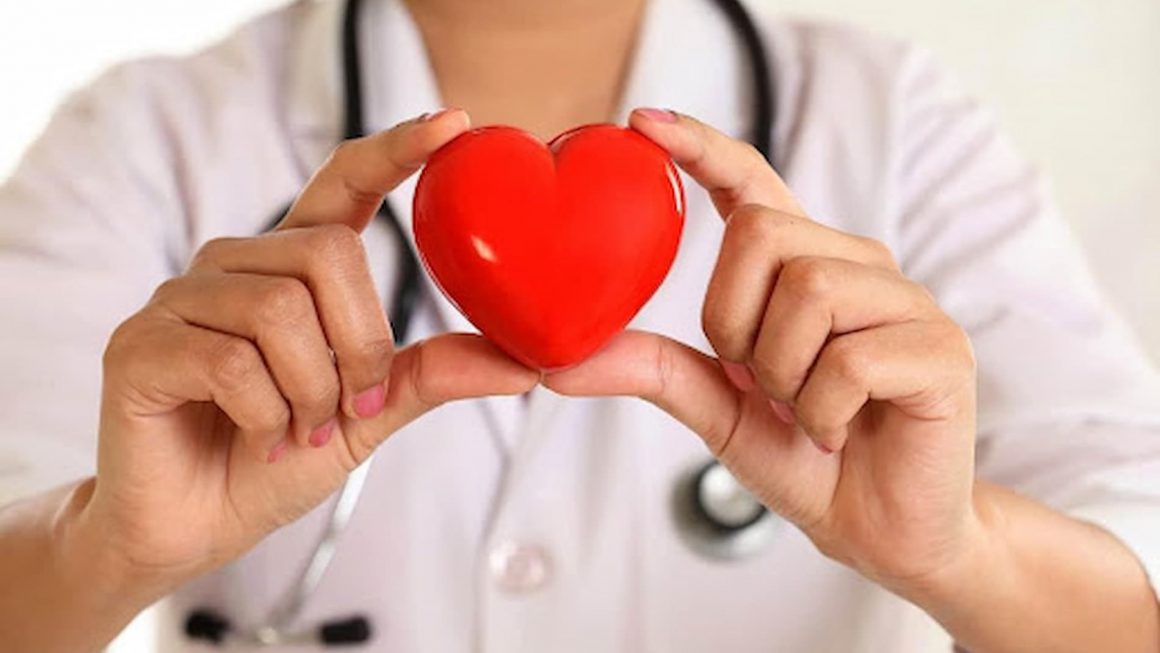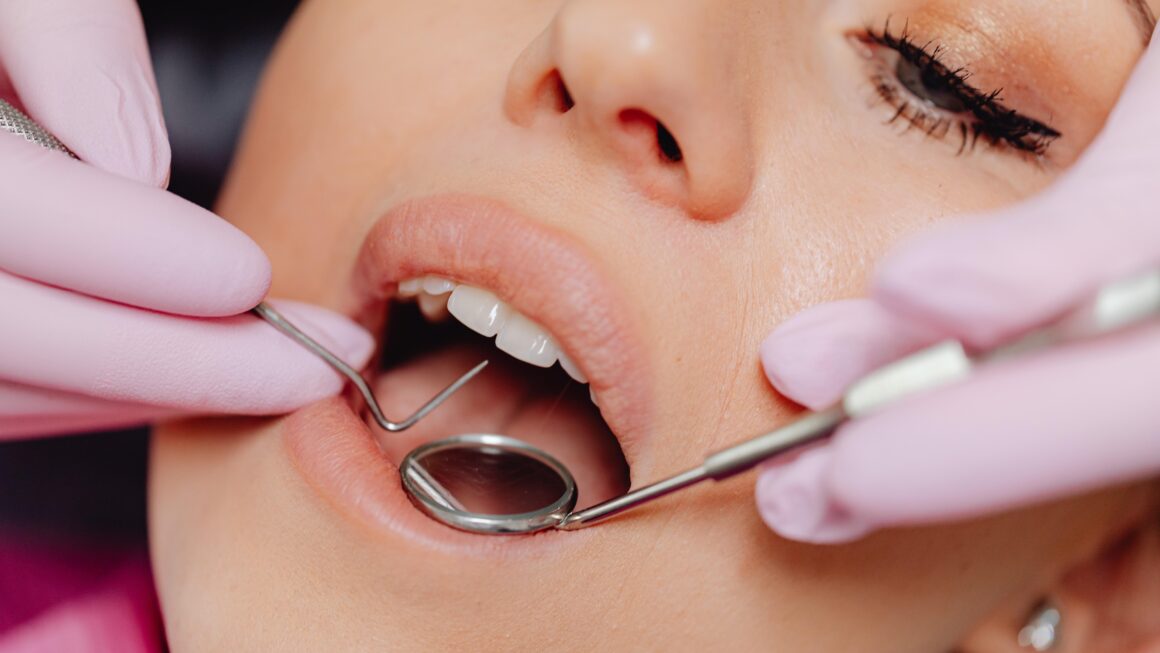As per recent studies, cardiovascular diseases are the most common cause of death amongst people in the current times. The average age at which people are more likely to get a heart attack has also dropped down to 30 from being 69 a few years ago. One can blame lifestyle changes, stress, and many other factors for this, but it is vital to know that cardiovascular diseases affect men and women differently.
Be it a stroke, cardiac arrest, Mitral Regurgitation, or any other cardiovascular issue, they all hit both men and women equally. However, there are differences in the symptoms and the effects of a heart attack in men and women. Even though women have a higher risk of heart attack, the rate of deaths due to a heart attack is higher in men. Let us take a deeper insight into this.
The Effects And Symptom Differences In Men And Women
Risk Factors
Women have certain illnesses that men do not experience. For example, endometriosis, PCOD is a female disease that fluctuates blood pressure and creates grounds for a heart attack. Other than this, many females get high blood pressure issues during and after pregnancy. It also leads to anxieties, a core reason behind heart attacks. Due to all these factors, the risk of getting a heart attack is more in women than in men.
Age Factors
Studies show that women are less likely to get a heart attack at a young age. The average age for heart attacks in women is between 60 to 70 years. On the other hand, men get a heart attack at a relatively young age. Moreover, the matter of concern is that this average age is dropping with each passing year.
Symptoms
The symptoms of a heart attack in men and women also vary. Men usually complain of crushing chest pain and pressure on the left side. Moreover, in men, the symptoms show when the heart attack is already happening or is arriving in seconds. On the other hand, women experience symptoms a day, sometimes a few days before the heart attack. They would complain of:
- Shortness of breath while doing day-to-day activities like making their bed or doing the laundry.
- Heaviness in the breast is accompanied by a feeling of extreme fatigue. The tiredness is to a level that women can barely move the body.
- Excessive sweating and palpitations can also be a sign of an upcoming heart attack or Mitral Regurgitation.
These are basic differences that men and women have in case of a heart attack. Irrespective of gender, each individual should give attention to basic things that can help avoid a heart attack. Do regular exercises, eat a healthy diet and quit smoking to keep your heart healthy for your entire life.




